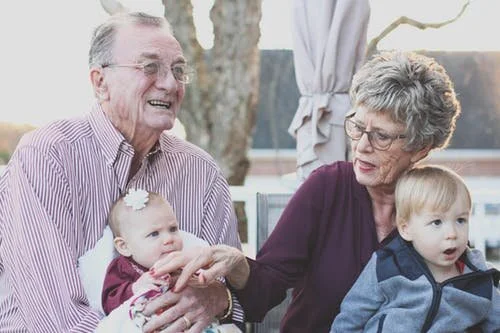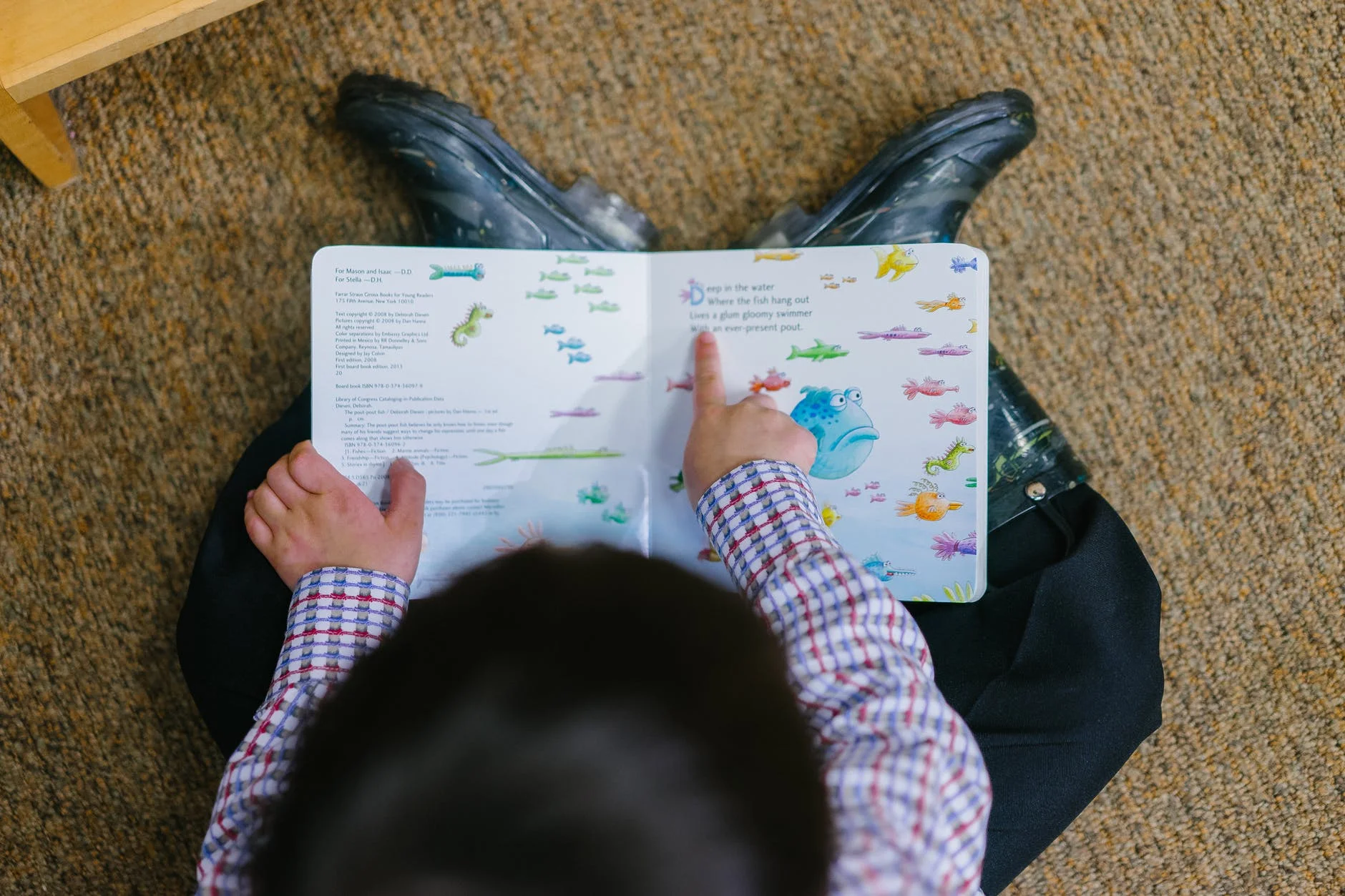Is It Time To Have Trained Nurses At All Early Education Centers?
The Center for Disease Control (CDC) recently released guidance for childcare programs during the COVID-19 pandemic. While reading them, one section stuck out to me. About 3 quarters down the page was this short paragraph:
“School nurses in schools that have been re-purposed as emergency or temporary child care centers should use Standard and Transmission-Based Precautions when caring for patients with confirmed or possible COVID-19. See: What Healthcare Personnel Should Know about Caring for Patients with Confirmed or Possible COVID-19 Infection.”
Most childcare programs in normal circumstances, do not have nurses. Many do have childcare health consultants (CCHCs) and Head Start has many easy to access resources for them.
However, this is different than having a nurse on site. A nurse on site could be very useful at any time for childcare programs. As everyone in ECE knows, illness and infections are common at child care programs in normal circumstances. While early educators through training and experience, can handle this, there are often cases where there is too much uncertainty about what to do with a child who might be sick. In addition, parents often feel embolden to challenge a early educator’s assessment of child’s illness than challenging a nurse; this often leads to conflicts between centers and families when a child is sent home when a parent feels like they can stay at school or when a child care program suspects a child has been loaded up with Children’s Tylenol right before drop off. Having a nurse on site could help with all those issues.
We are not in normal times. The COVID-19 epidemic has up ended everything. While children are less likely to have serious illness from the virus, they can spread it and it appears they is a small risk for serious illness for young children too. This again is why having nurses at centers could be useful.
Unfortunately, even having nurses in public schools are not as common as you might think. “According to the National Association of School Nurses (NASN), only about 40 percent of all U.S. schools have a full-time nurse; just 35 percent have a part-time nurse, and 25 percent have no nurse at all.” Moreover, there is a nursing shortage in general for all of society.
This means having nurses at every childcare program is most likely a pipe dream for right now.
This does not mean it is not something we should not strive for in the future. Even when COVID-19 is brought under control, there will be a new virus in 5 year or 10 or 15; we can’t be sure when but it will happen, but human history has shown these type of pandemics will keep cropping up.
So, what is the long-term solution?
I propose that colleges start to create ECE-Nursing Co-Majors where someone can specialize in both ECE and Nursing at the same time; in addition, these majors will be tuition free to encourage people to attend them. This will allow large number of early educators who are also at the very least CNAs (Certified Nursing Assistants).





